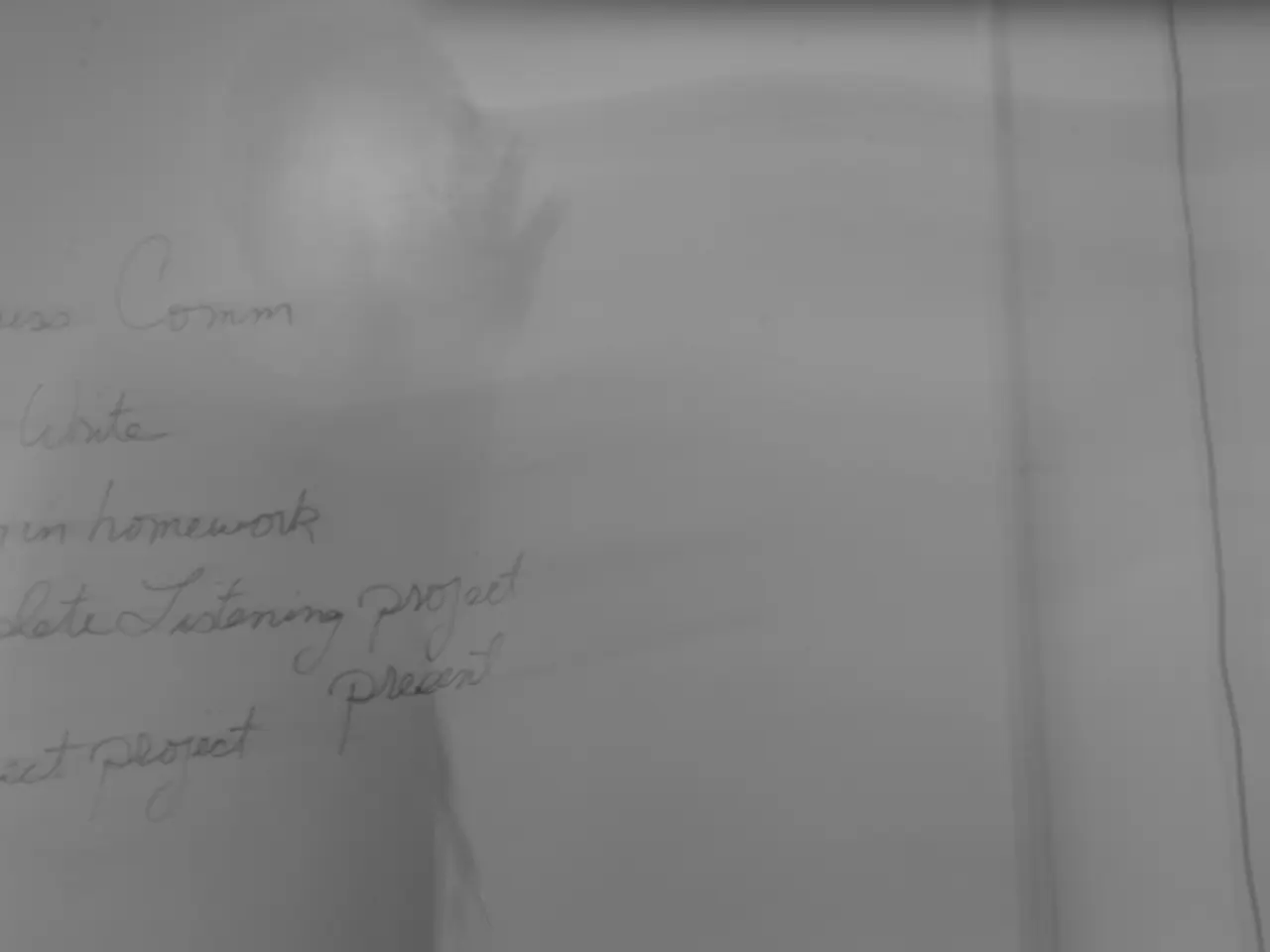Germany swiftly rebuffs EU's colossal $2.3 trillion budget plan
The European Commission has unveiled a landmark €2 trillion budget for the EU's 2028-2034 Multiannual Financial Framework (MFF), marking a significant increase from the current 1.1% of the EU's gross national income (GNI) and representing the most ambitious and largest EU budget to date.
The proposed budget aims to address Europe's priorities in security, defence, competitiveness, energy, climate, and innovation. Key points of the budget proposal include a notable reallocation of funds from traditional areas such as agriculture to new priorities like security, defence, and a large competitiveness fund targeted at strategic technologies and research and innovation.
The budget earmarks up to 100 billion euros for the reconstruction of war-torn Ukraine and includes substantial new "flexibility" funds for crises. Notably, the European Commission has allocated 131 billion euros for defence and space, a fivefold increase.
However, the budget proposal has sparked debate among key stakeholders. Farmers and farming lobby groups have reacted negatively to the proposal, as the Common Agricultural Policy (CAP) budget has been reduced from €386.6 billion to €300 billion. This reduction has caused concern among agricultural stakeholders who see this shift as a major loss and a potential weakening of the sector.
Germany and other member states have expressed mixed and sometimes critical views, particularly wary of the increased budget size and the structural changes. Some countries fear this new approach may reduce transparency and weaken established programs. Hungary, a critic of Brussels, taps into rural anger ahead of the budget's release and criticizes the funding allocated to Ukraine.
The European Parliament and various lawmakers have raised concerns about the efficacy and focus of the spending, warning against mere expenditure without clear results or accountability. The EU faces a tense negotiation phase as Germany, farmers, and other member states respond to the proposed budget increases and redistribution away from agriculture towards security and competitiveness, with particular contention around the CAP reforms and reduced farm subsidies.
The budget announcement sets the stage for two years of fraught negotiations between the European Parliament and 27 member states, with Member states giving a sneak peek at the fights to come, with France's European Minister hailing the commission's "ambition," while the Dutch Finance Minister representing a frugal state deems the proposed budget as "too high."
Ursula Von der Leyen, EU Commission President, called the budget "the most ambitious ever proposed," while Germany has rejected this proposal, stating it's unable to accept the budget. Hundreds of European farmers protested in Brussels against the proposed changes to the Common Agricultural Policy (CAP) subsidies.
The EU has debts due to the COVID-19 pandemic, with annual costs estimated to be 25-30 billion euros from 2028. The budget seeks to bolster Europe's security, ramp up competitiveness, and pay off debts from a massive COVID-19 era loan. The EU Commission will seek to raise about 58 billion euros a year by collecting money directly through five instruments, including its carbon border tax and a levy on electronic waste.
As the negotiations unfold, it remains to be seen how the EU will navigate these challenges and whether the proposed budget will be adopted in its current form. The outcome of these negotiations will significantly impact the future of the EU and its member states.
- The EU budget for 2028-2034, proposed by the European Commission, prioritizes security and defense, allocating 131 billion euros for these areas, a fivefold increase.
- The proposed budget has a significant portion earmarked for the environment and climate, with 131 billion euros allocated for defense and space, and substantial funds for crisis reconstruction like Ukraine.
- In the proposed EU budget, the finance sector sees a shift in focus, with a large competitiveness fund targeted at strategic technologies and research and innovation.
- The proposed budget has sparked debates among member states, farmers, and lawmakers, with concerns about the efficacy and focus of the spending, particularly regarding the Common Agricultural Policy (CAP) reforms and reduced farm subsidies.




